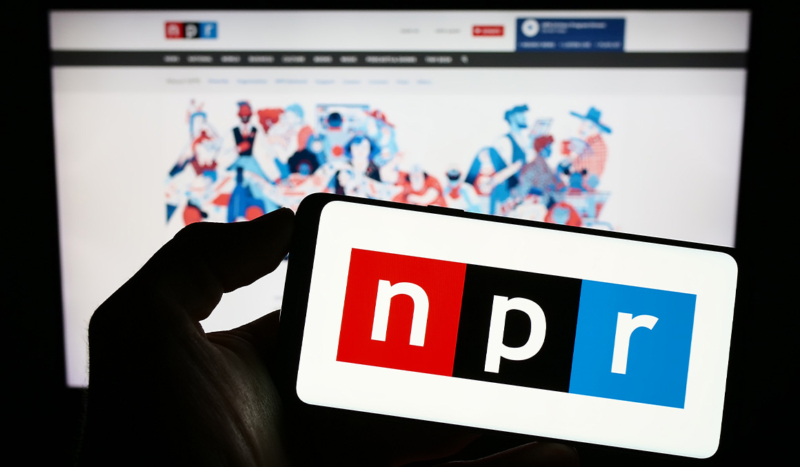
Timon / stock.adobe.com
The British Broadcasting Corporation (BBC) lost 300,000 license fee payers and £50 million in revenue this past year, according to its new annual report — a shortfall its chair described as “a moment of real jeopardy” as streaming platforms dominate viewership.
With audiences abandoning traditional broadcasters, UK officials and BBC leadership are now exploring reforms to the BBC’s license fee model, the Guardian reported.
Still, the BBC insists its “current collection method remains fair, effective, and good value for money,” the annual report said.
“As we approach the end of the charter,” the report added, “we will proactively research how we might reform the licence fee to secure the benefits of a well-resourced, universal BBC of scale for the long term.”
The BBC’s financial and viewership crisis mirrors growing skepticism in the US about the value of public broadcasting.
On July 18, just after midnight, US Congress passed a $9 billion spending cuts package that slashes $1 billion from the Corporation for Public Broadcasting, according to FOX News.
Once signed by President Donald Trump, the measure will effectively defund National Public Radio (NPR) and Public Broadcasting Services (PBS) for the rest of the fiscal year — a move critics say is long overdue.
In April, CatholicVote officially endorsed Trump’s longtime goal to end taxpayer funding to the networks, arguing they should rely on private support.
“Many liberal pundits insist that public broadcasting provides wonderful programming that the American people want,” CatholicVote Vice President Joshua Mercer said. “If that’s the case, they don’t need taxpayer funding or the strings that come with it.”
For years, NPR has defended public funding by claiming it’s the only way to reach rural Americans with emergency alerts and news coverage.
As CatholicVote previously reported, Katherine Maher, the president and CEO of NPR, warned that funding cuts could create “news deserts” that hurt rural Americans. But according to the Republican Study Committee, 98% of Americans already own cellphones capable of receiving emergency alerts.

